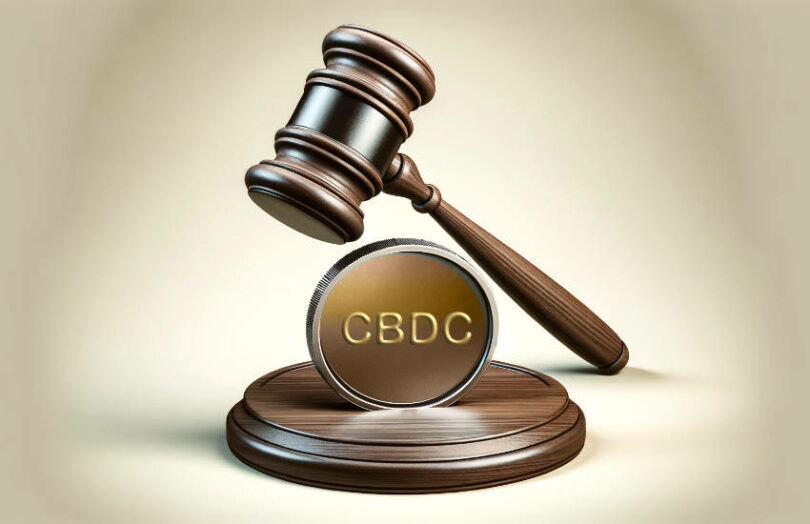Last year a small number of States took steps to oppose the introduction of a central bank digital currency (CBDC) or digital dollar. Between April and June, three states passed legislation: Indiana, Florida and Alabama. In the last two months, that trickle has turned into a flood. No fewer than ten additional states have proposed bills. Yesterday the South Dakota Senate approved an anti-CBDC Bill, but it has yet to pass the House.
Many of the worries about CBDC focus on privacy issues, even though some believe that privacy concerns are already compromised due to existing anti-money laundering (AML) regulations.
Most states are taking steps along three legal fronts. Some are preventing the state from accepting a CBDC as payment. Many additionally block participation in CBDC trials.
A slightly more complicated route relates to excluding a CBDC from the definition of money in the Uniform Commercial Code. That won’t stop consumers from using a CBDC, but it may discourage business use.
The UCC is the Uniform Commercial Code, an attempt to standardize contract law across states. Each state picks and chooses which elements it wants to adopt.
Many contracts state that a transfer of money will settle an obligation, perhaps the payment for goods. If a CBDC is not considered as money, paying with a CBDC won’t discharge a liability.
That’s why these laws may discourage business usage.
| State | Block state accepting CBDC | CBDC is not money | Block state CBDC trial participation | Other |
| South Dakota | ||||
| Hawaii | ||||
| Nebraska | ||||
| Oklahoma | ||||
| Utah | ||||
| Wisconsin | ||||
| Tennessee | ||||
| Missouri | ||||
| New Hampshire | ||||
| South Carolina | ||||
| Alabama | ||||
| Florida | ||||
| Indiana (2) |
Lack of standard CBDC definitions
There’s an additional issue regarding the definition of a CBDC. It’s quite inconsistent across the states, although in most cases it is qualified as being accessible by the general public. In some cases that qualification is omitted, which could make it harder to roll out a wholesale CBDC used between banks. That’s even though wholesale CBDCs don’t have the same privacy issues.
In other cases, the wording implies that the CBDC has to be directly issued to consumers rather than just being accessible to them. Even if the U.S. decides to issue a retail CBDC, it’s likely to be made available via intermediaries rather than directly to the public.
There’s been some debate as to whether these pieces of legislation will have any impact or not.
Federal anti-CBDC legislation
Apart from state-level legislation there are also multiple pieces of anti-CBDC legislation at the federal level.
In September the House Financial Services Committee voted in favor of the ‘CBDC Anti-Surveillance State Act‘. But it still has several steps ahead to get passed.
Two weeks ago, Donald Trump vowed to block a CBDC if he becomes President again.
Credit: some of the data was initially found at the Tenth Amendment Center but also verified at source and collated by Ledger Insights.






